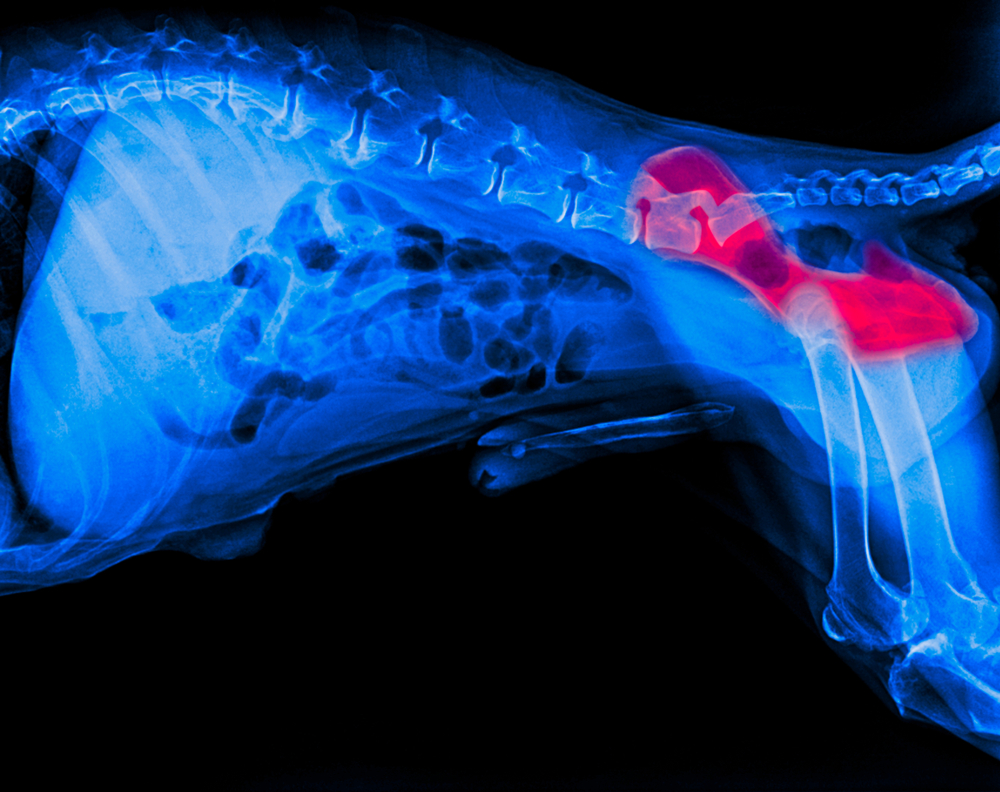Lame Dogs: Common Limping Causes and What to Do
Limping in dogs has many potential underlying causes, ranging from minor injuries to serious systemic conditions, such as cancer or Lyme disease. Most importantly, limping indicates that your furry pal is in pain and should be seen by our Central Kentucky Veterinary Center team. Pet owners should know why their dog is limping and the [...]











